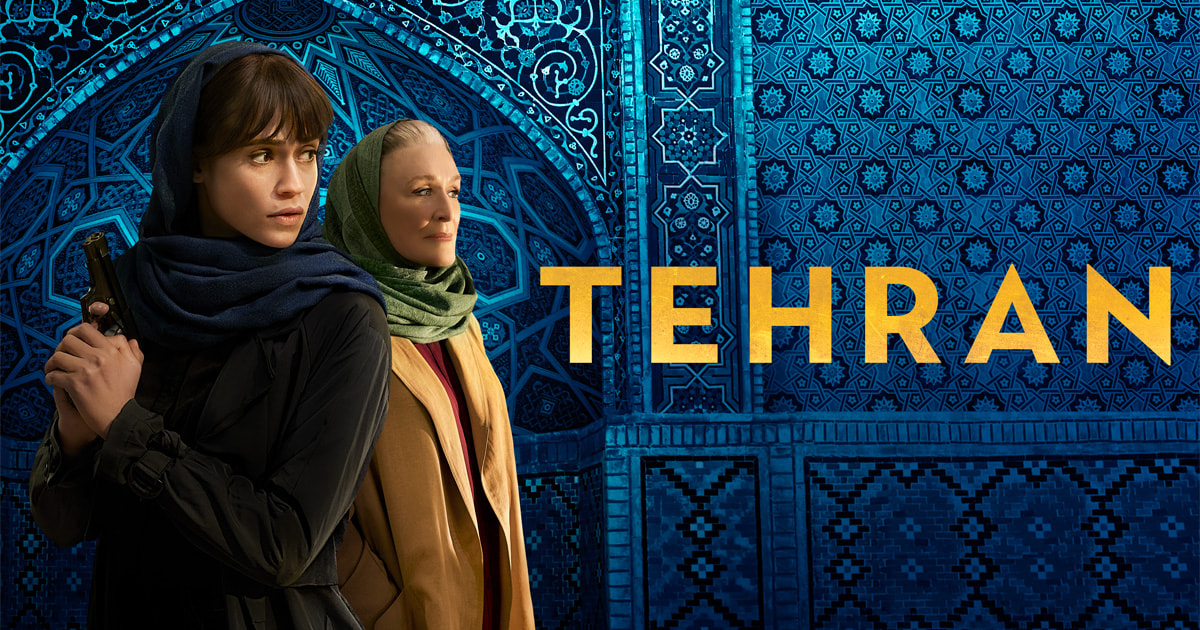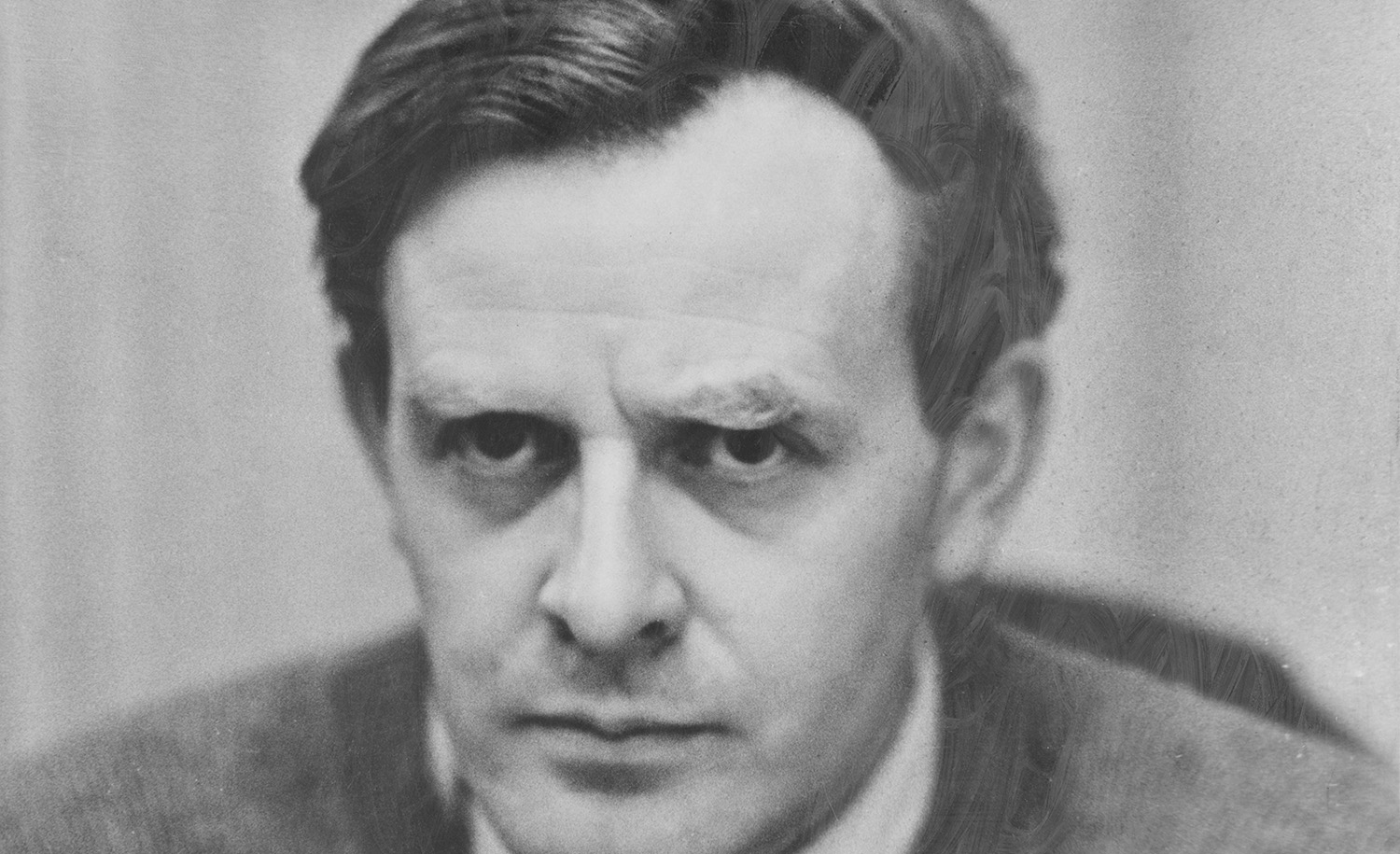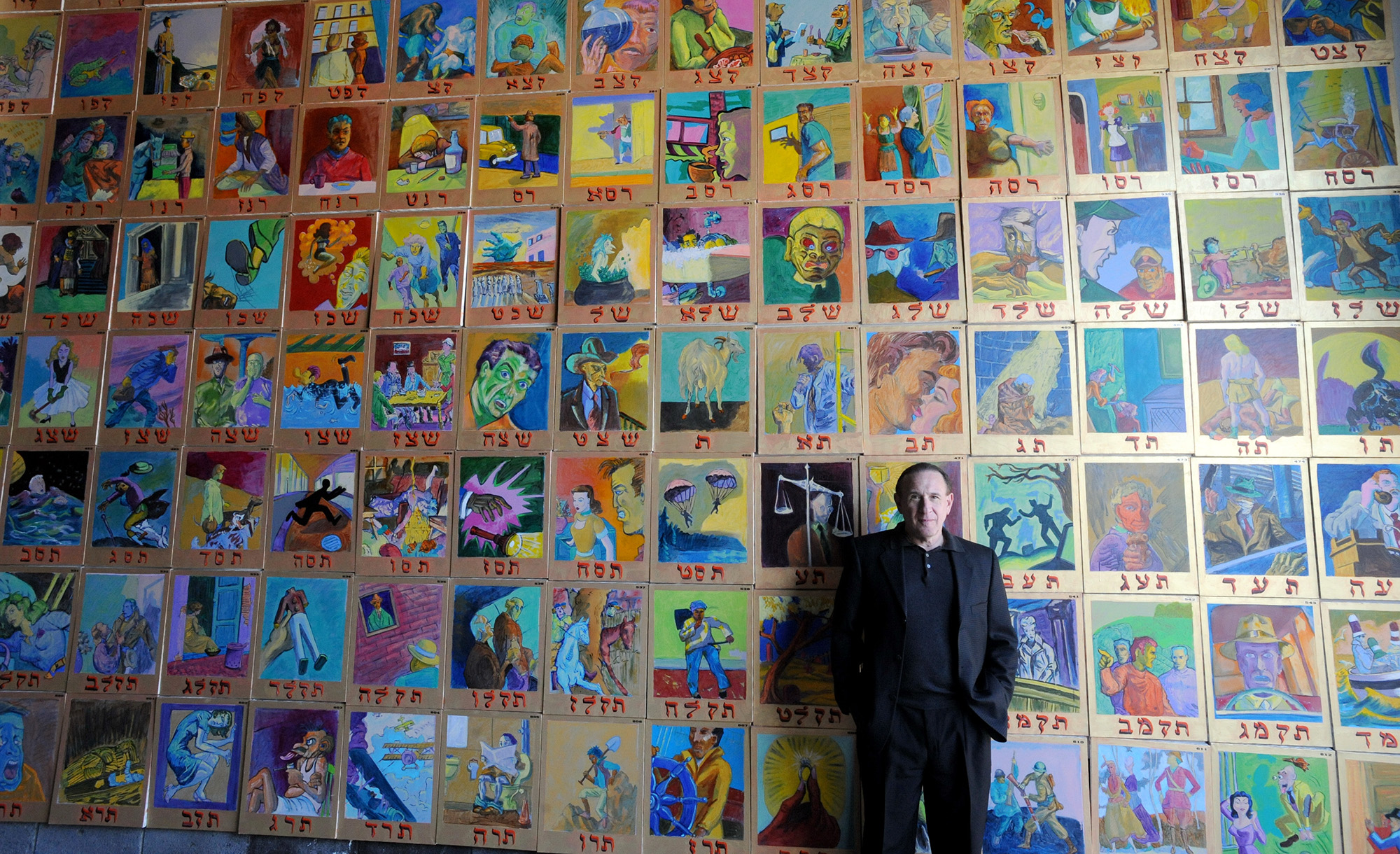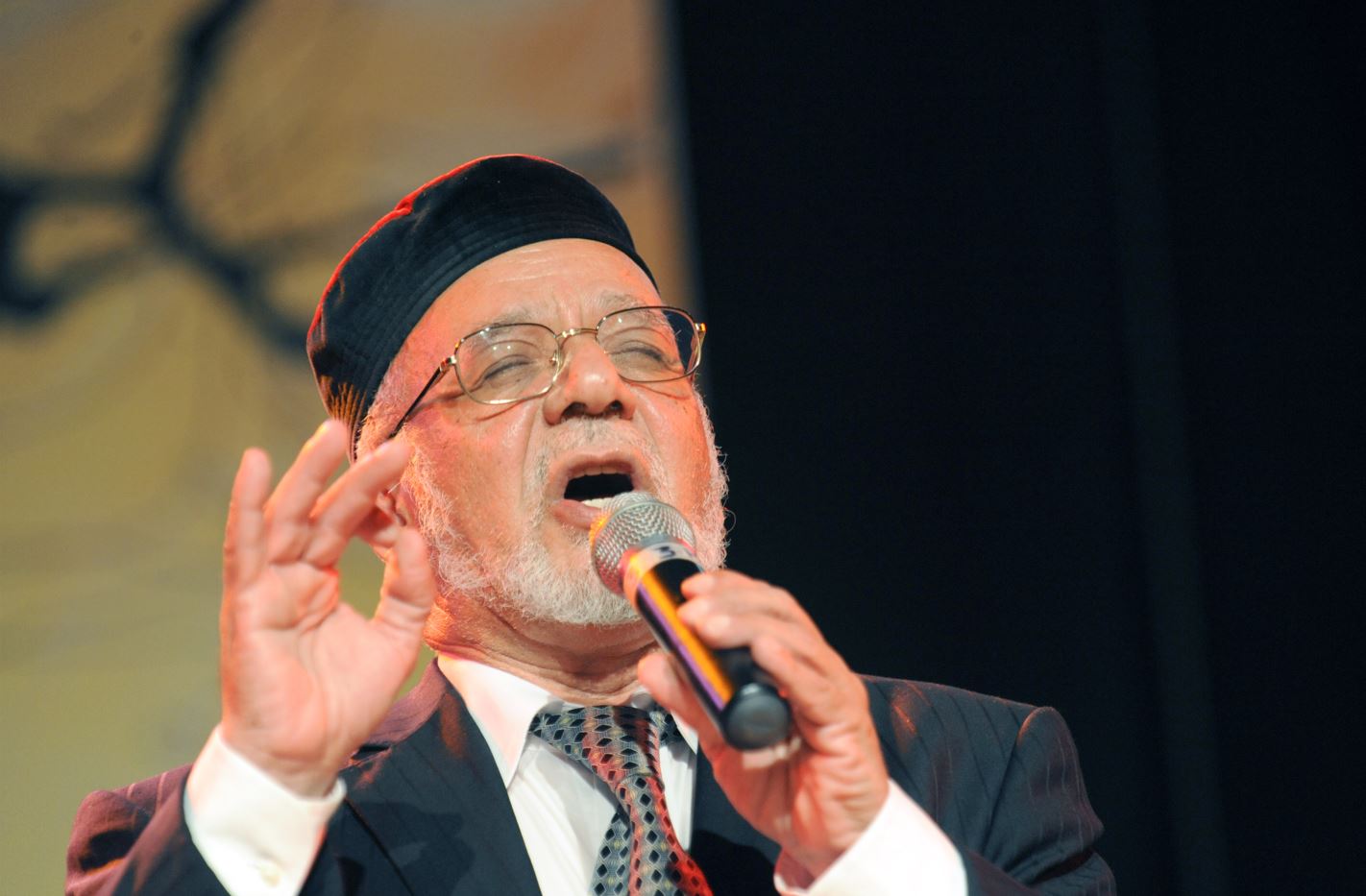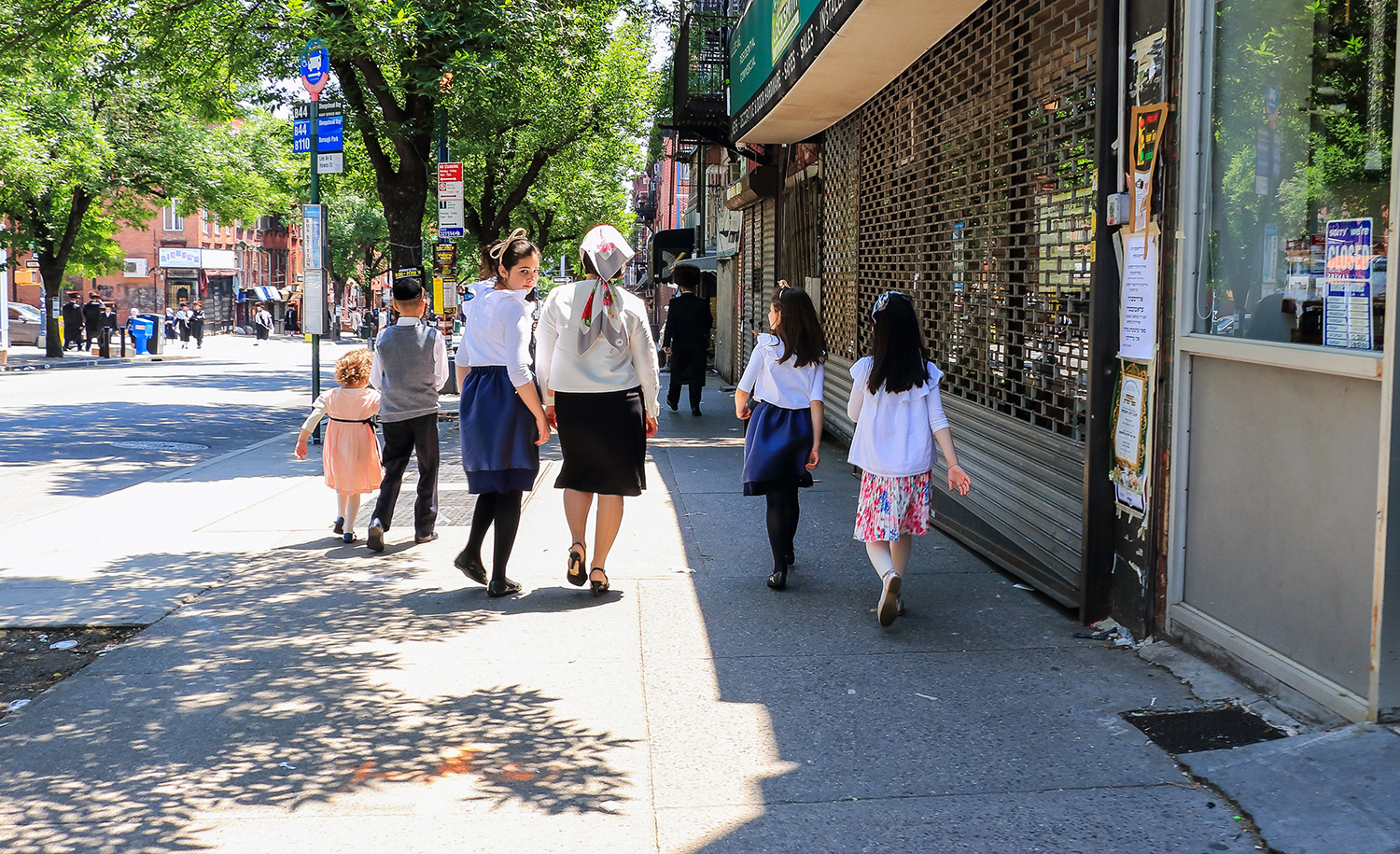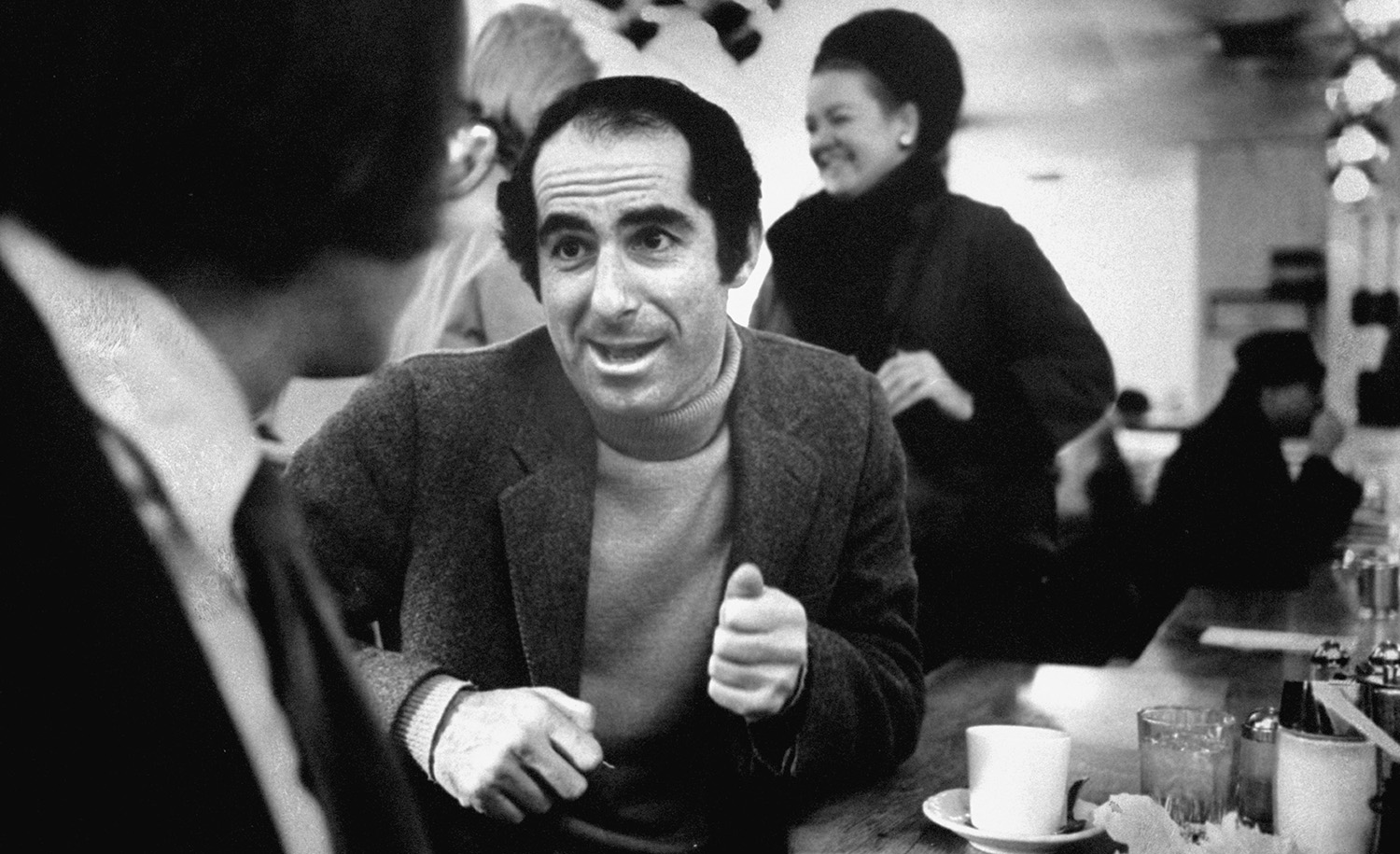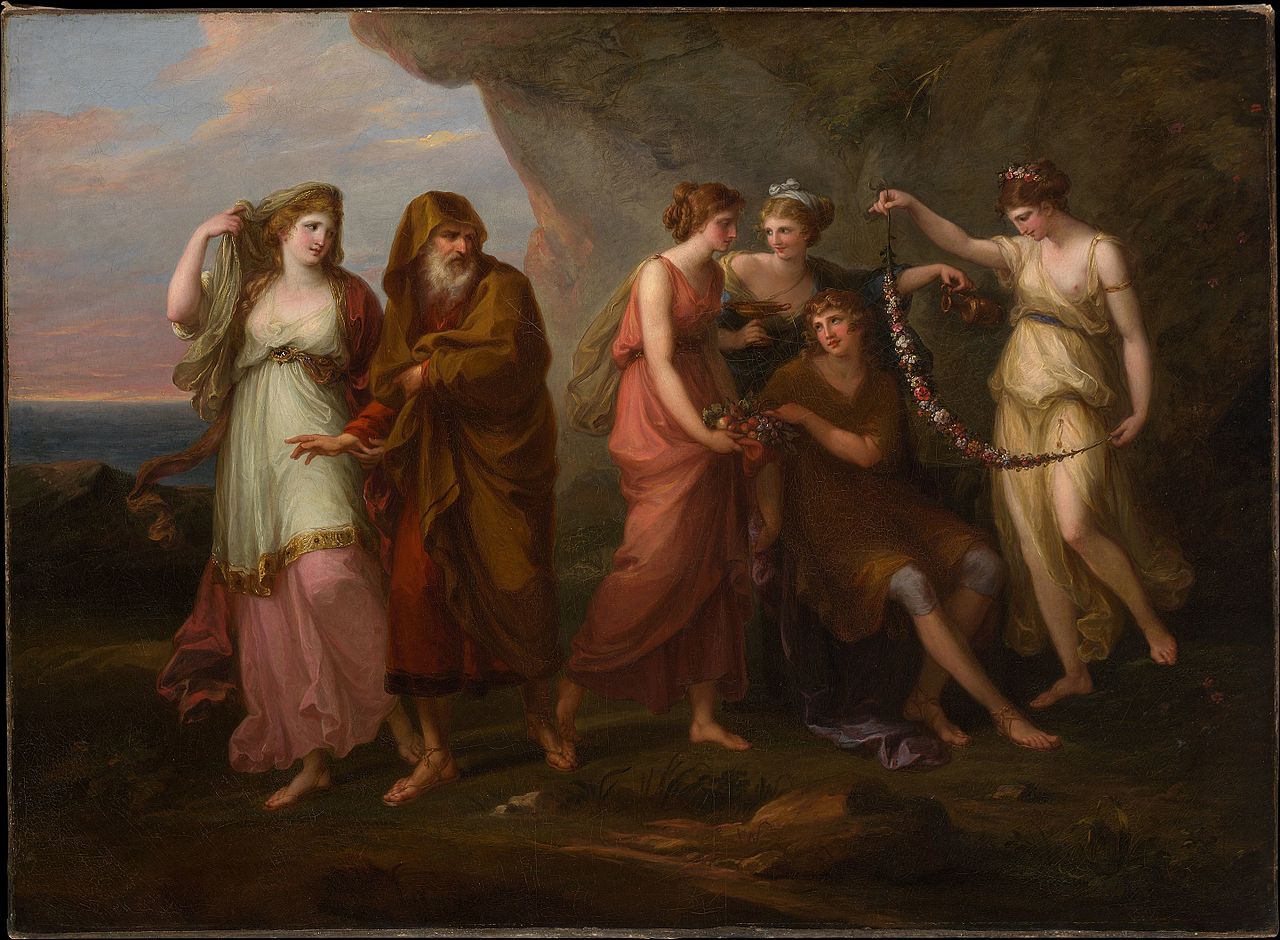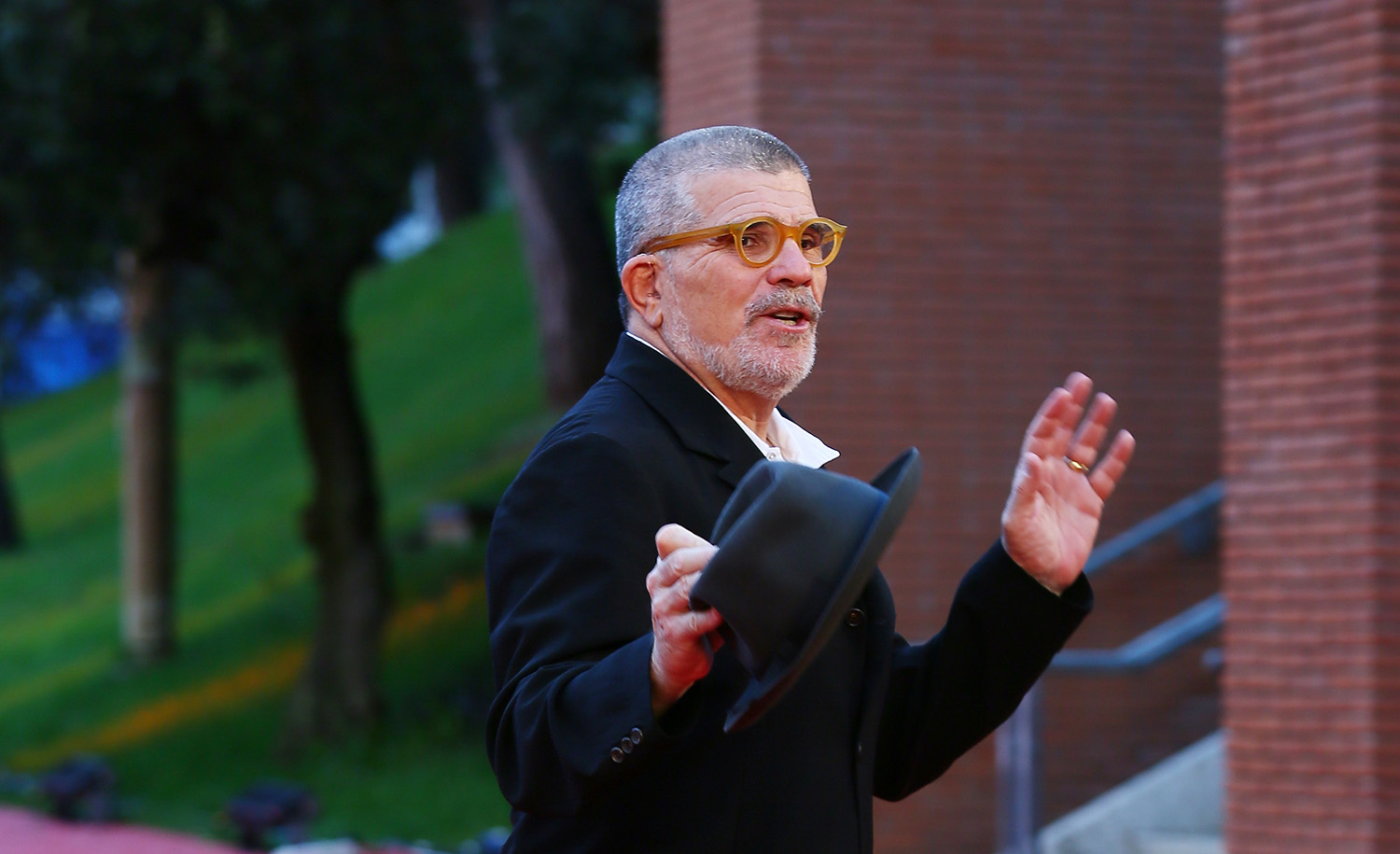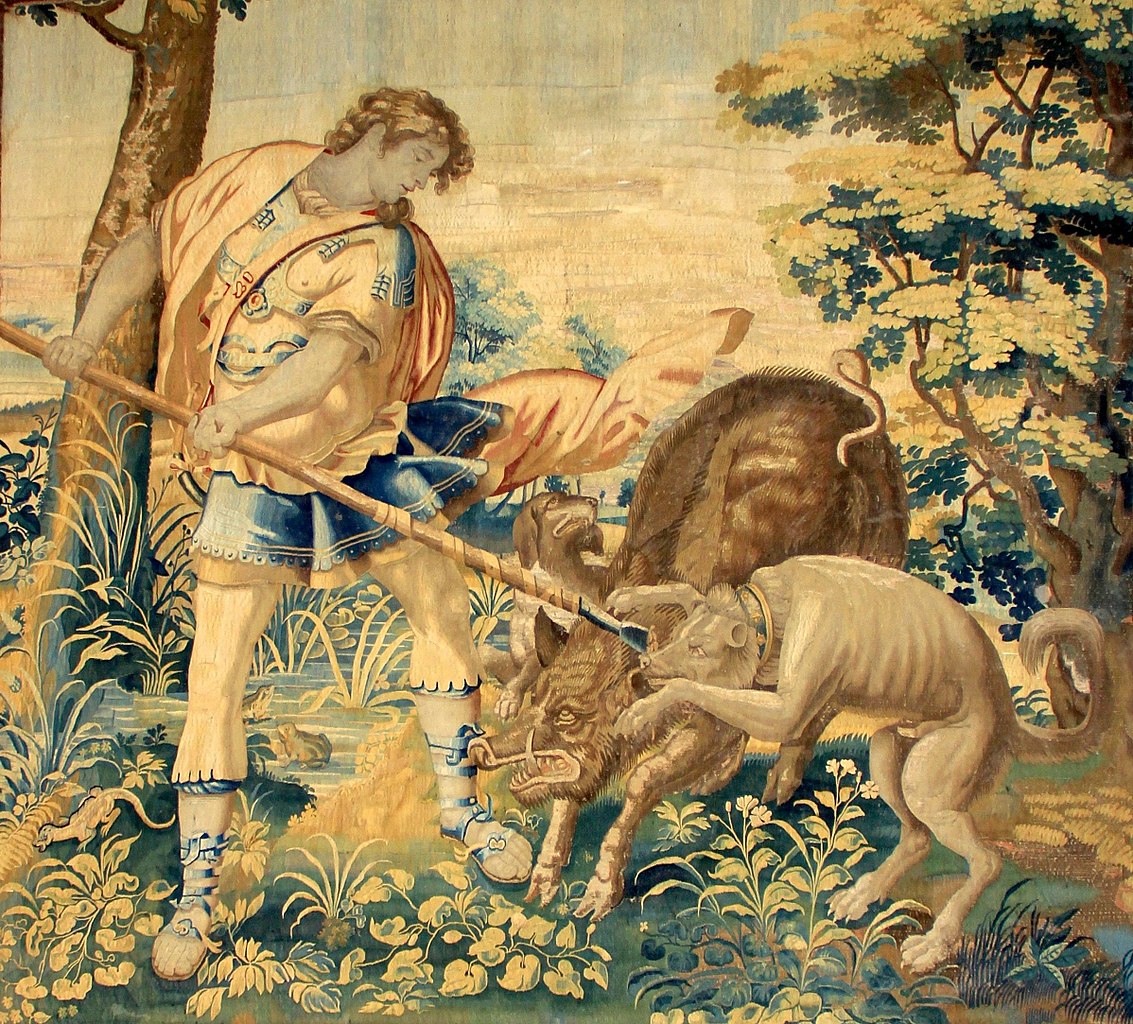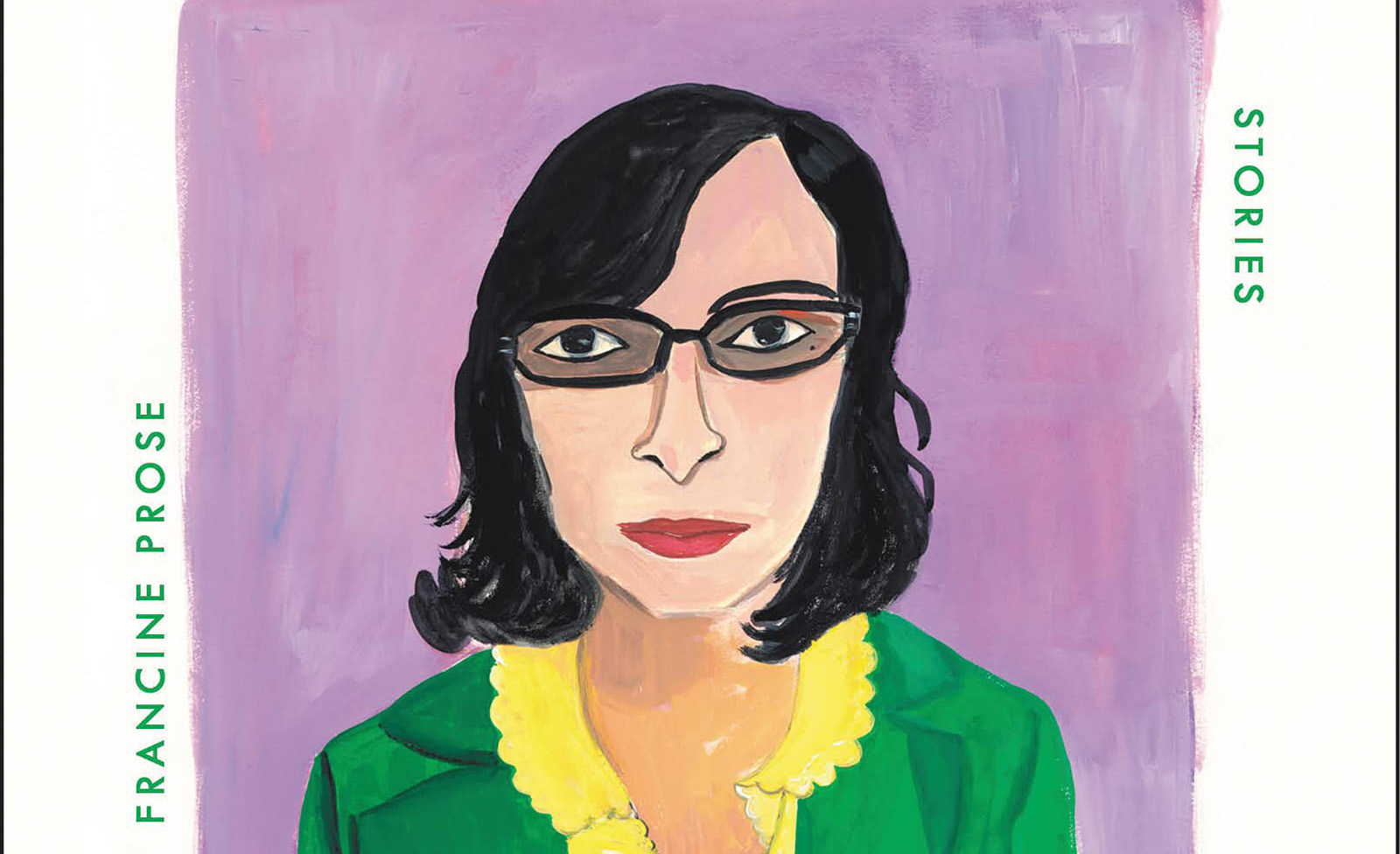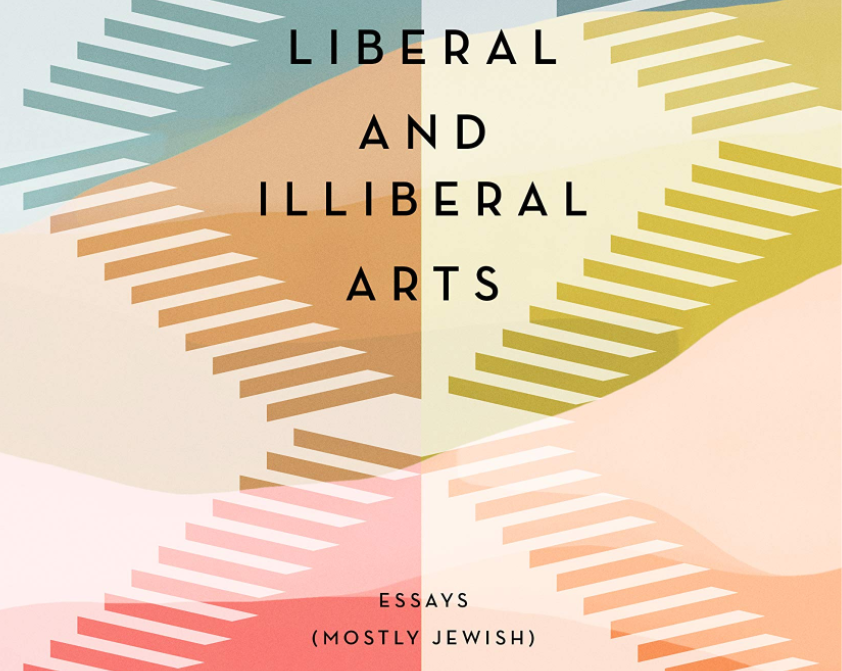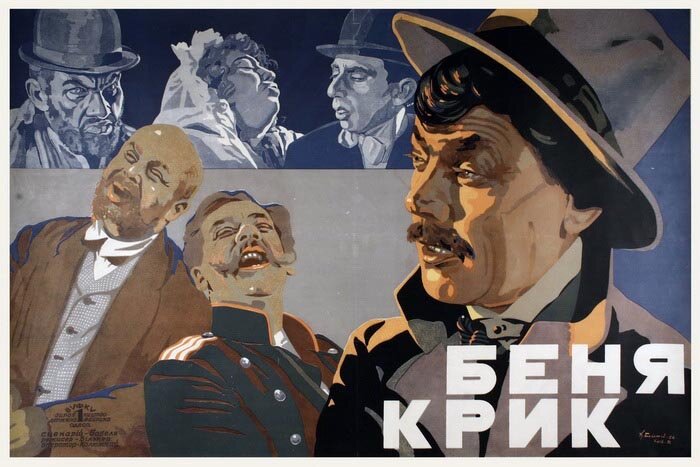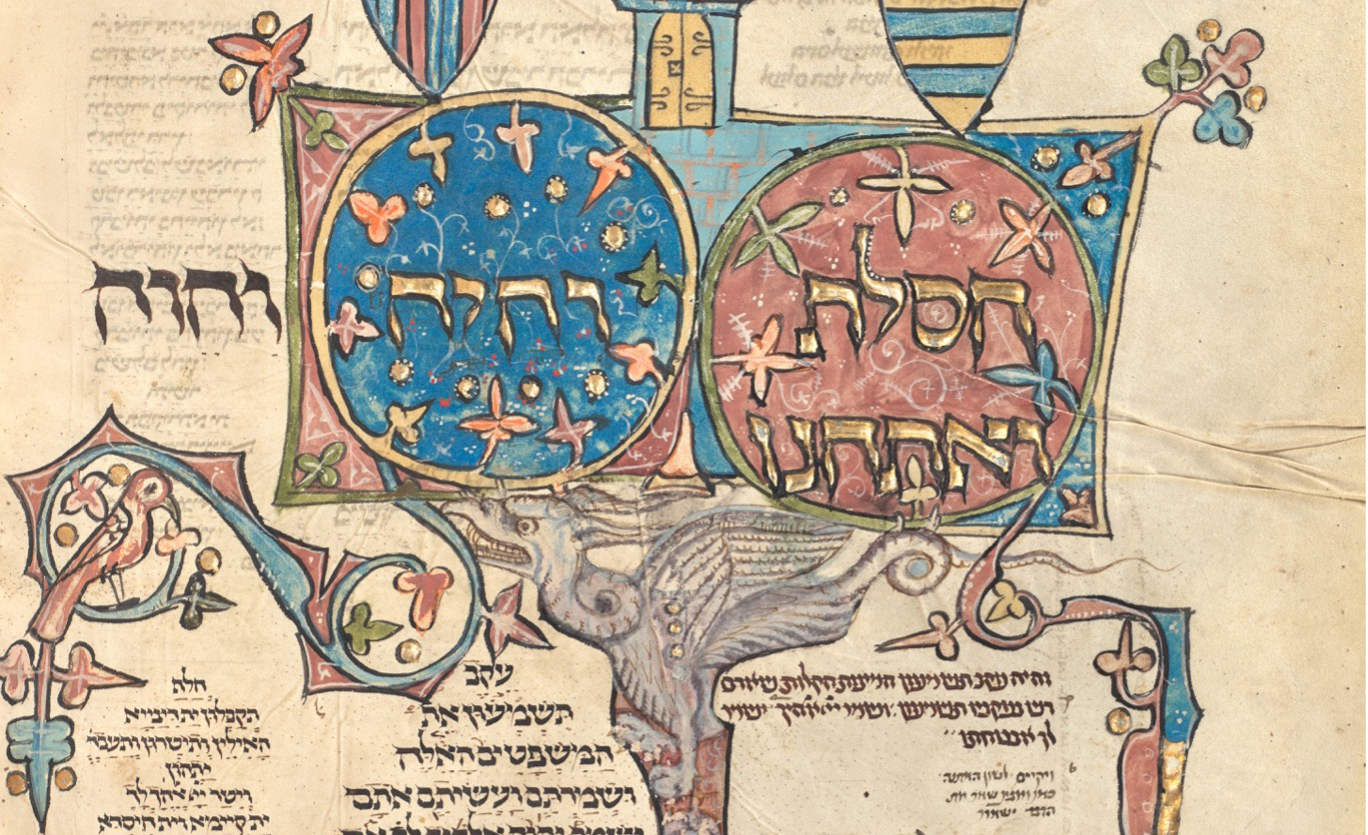Arts & Culture
The spy show seems so accurate I found myself wondering whether its creators are themselves former Mossad agents who spent time in the titular city.
Looking back to the venerable genre, I’m struck by how often anti-Semitism presents itself. The late John Le Carré is only the most recent to be accused of that unpleasant condition.
Michelangelo had a thousand years of Catholic art to build on when creating the Sistine Chapel. Jews haven’t had such a tradition, until a secular Jew from Brooklyn stepped up.
A musical expert joins us to chat about one of the most important and unique figures in the world of Jewish music, and share some of his most captivating songs.
Some have claimed that the hybrid dialect is on its way to becoming a new Yiddish, as different from 21st-century English as Yiddish is from medieval German. Are they right?
In the end, one doesn’t know what to be struck by more: the fact that a computer can translate Hebrew at all, or the fact that when it does, it does so atrociously.
The middle of the 20th century inaugurated a time when American Jewish sons stopped being able to imagine themselves as Jewish fathers—and we’re still living in it.
The language of Homer delights in illuminating the world at length. The language of the Bible, by contrast, is compact, but fraught with the agitated flow of emotions.
One of America’s greatest living playwrights is also one of the more Jewishly compelling writers of our time, even if he gets left out of the bar-mitzvah anthologies.
The signal achievement of Genesis is to find heroism not just on the field of battle—where Odysseus, too, excels—but on the hardscrabble ground of everyday life.
The characters in her new story collection are fully formed creatures of that transitional 20th-century moment between European Jewish survivors and American forgetters.
The founding editor of the Jewish Review Books joins us to discuss his educational formation, his intellectual preoccupations, and the essays that make up his new book.
The great Jewish writer evoked a city—now under threat from Russia’s armies—with a character of its own that has entered into folklore, literature, and the popular imagination.
One recent Saturday morning, I was following the Torah portion from a late-13th-century manuscript and noticed some strange faded text and stress lines. What did they mean?
